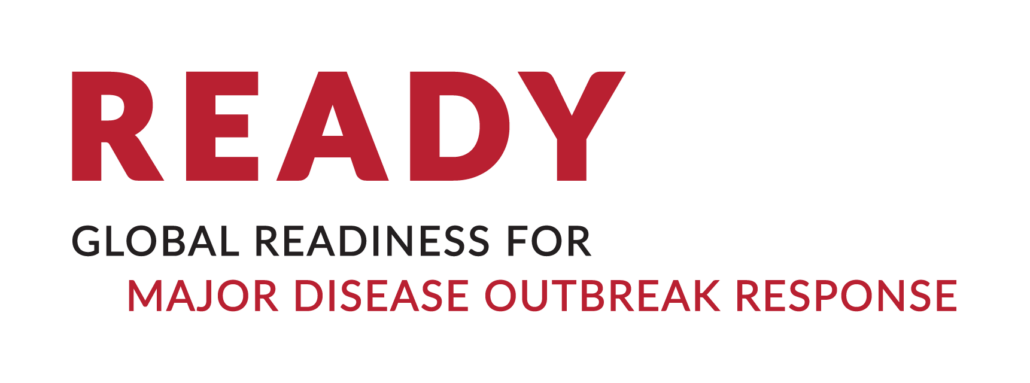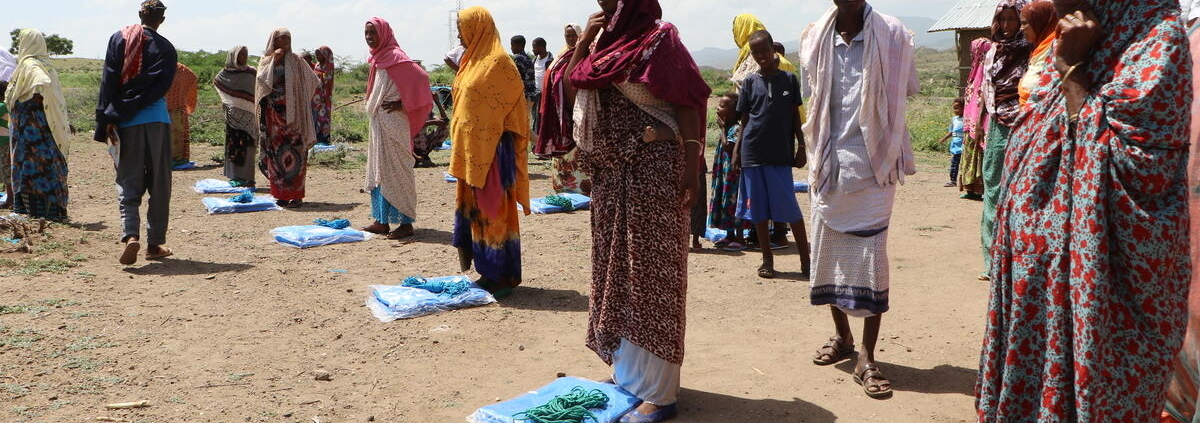Using Social Science for Emergency Preparedness and Response
Author: Risk Communication and Community Engagement Collective Service
People working in community engagement and/or communications related fields face several limitations to the effective integration of social science in health emergency interventions and policymaking. There are gaps in terms of knowledge and capacity to produce and use operational social science research in humanitarian and health emergency contexts.This training package was developed to address these gaps by providing a set of modules with practical and detailed guidance for facilitators to adapt and use at the local level.
View the training package in English and Portuguese here.


This website is made possible by the support of the American People through the United States Agency for International Development (USAID) under the READY initiative. READY (not an acronym) is supported by USAID’s Bureau for Democracy, Conflict, and Humanitarian Assistance, Office of U.S. Foreign Disaster Assistance (OFDA) and is led by Save the Children in partnership with the Johns Hopkins Center for Humanitarian Health, the Johns Hopkins Center for Communication Programs, UK-Med, EcoHealth Alliance, and Mercy Malaysia. The contents of this website are the sole responsibility of Save the Children. The information provided on this website does not necessarily reflect the views of USAID, any or all consortium partners, or the United States Government, and is not official U.S. Government information.


